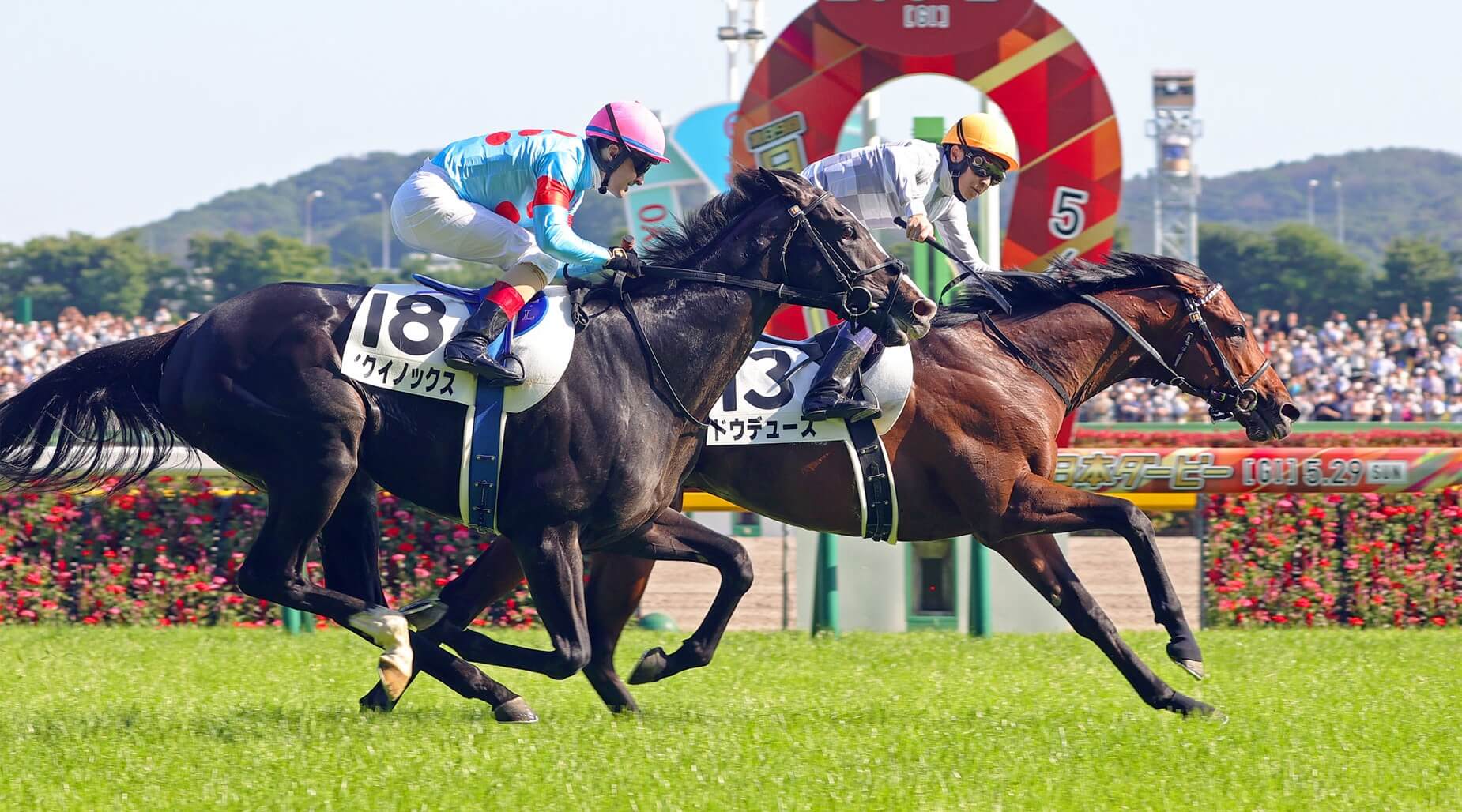Top 5 magic moments of 2022: Japan
After Equinox’s brilliant Arima Kinen victory emphasised the wonder of top-level racing in Japan, Asian Racing Report looks back on 2022 and ranks its five most memorable Japanese racing moments of the year.

5. A stunning debut
There is something pure and eminently hope-filled about a first-time winner. But when that horse is by a star stallion out of a champion race mare and then achieves something out of the ordinary in the winning, then the hope turns to lofty expectation and in that there is a moment of rare magic.
Liberty Island was already on the radar as a daughter of the Group 1-winning Australian mare Yankee Rose and the star galloper Duramente who looked set for a storied stallion career until his early death at age nine. Even so, the filly’s incredible debut success at Niigata in July was extraordinary.
The Mitsumasa Nakauchida-trained juvenile sped through the final 600 metres of the 1600-metre newcomers contest in 31.4 seconds, and that was the fastest any horse of any age had ever been clocked at through that closing split on the JRA circuit.
Liberty Island was beaten next time when second to Ravel in the G3 Artemis Stakes when her rider, the champion-designate Yuga Kawada, did not have his sharpest moment at a crucial juncture. But she put that behind her emphatically when she wrapped up her debut campaign with an impressive success in the G1 Hanshin Juvenile Fillies.
Her trainer has said she is the best filly he has trained and she will be aimed at the Oka Sho.
4. Imamura’s 50
It was a year of memorable moments for apprentice jockey Seina Imamura: her first winner, at Chukyo in March; her first Group race win, in record time atop T M Spada in the 1200-metre G3 CBC Sho in early July; her 44th win, on Festes Band at Niigata in late October, that gave her the record number of wins in a season by a female JRA jockey; her first Group 1 ride on Ska Paradise in the Hopeful Stakes at year-end.








